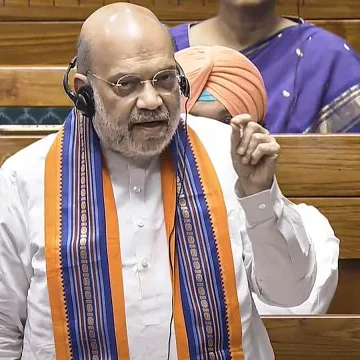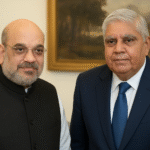
The Constitution (130th Amendment) Bill, 2025 has stirred heated exchanges in Parliament, forcing the government to refer it to a Joint Committee for further scrutiny. Here are the key points you need to know:
1. What is the Constitution (130th Amendment) Bill, 2025?
The Bill proposes significant changes to the Constitution, aimed at reshaping certain provisions related to governance, representation, or rights. Its exact clauses have become the subject of political dispute, with critics calling them far-reaching and controversial.
2. Why has the Bill triggered outrage?
Opposition parties allege that the amendments could weaken democratic safeguards and tilt the balance of power in favour of the government. Protests inside and outside Parliament reflect concerns about reduced accountability and fears of centralisation of authority.
3. What is a Joint Committee?
A Joint Parliamentary Committee (JPC) is formed when both Houses—Lok Sabha and Rajya Sabha—nominate members to study a Bill in detail. Unlike ordinary debates, a JPC examines every clause, consults experts, and submits a report with recommendations before the Bill returns to Parliament for consideration.
4. What happens next?
The Bill will remain under review by the Joint Committee until its report is submitted. The process may take weeks or even months. Only after the committee’s findings are tabled will the Bill be brought back to Parliament for discussion, amendments, and a final vote.
5. Why does this matter?
Constitutional amendments have long-term implications—they redefine how institutions work and how citizens’ rights are protected. The outcome of the 130th Amendment Bill could reshape India’s political and legal framework, making it one of the most closely watched developments of 2025.
✅ In short: The 130th Amendment Bill is on hold, a Joint Committee will scrutinise it, and the political storm around it shows no signs of calming down.






